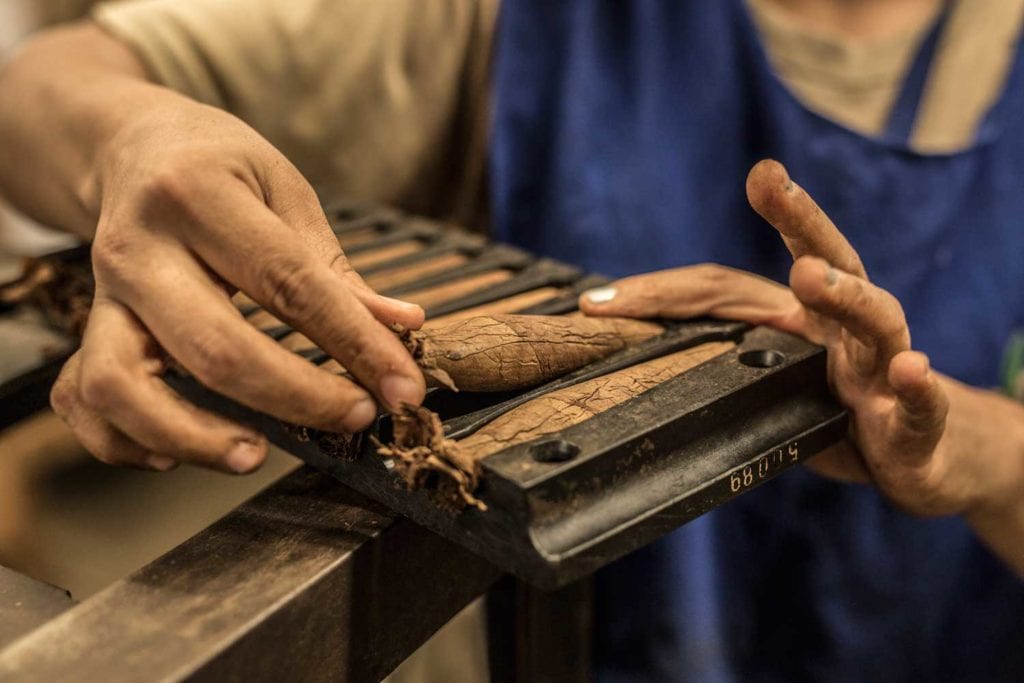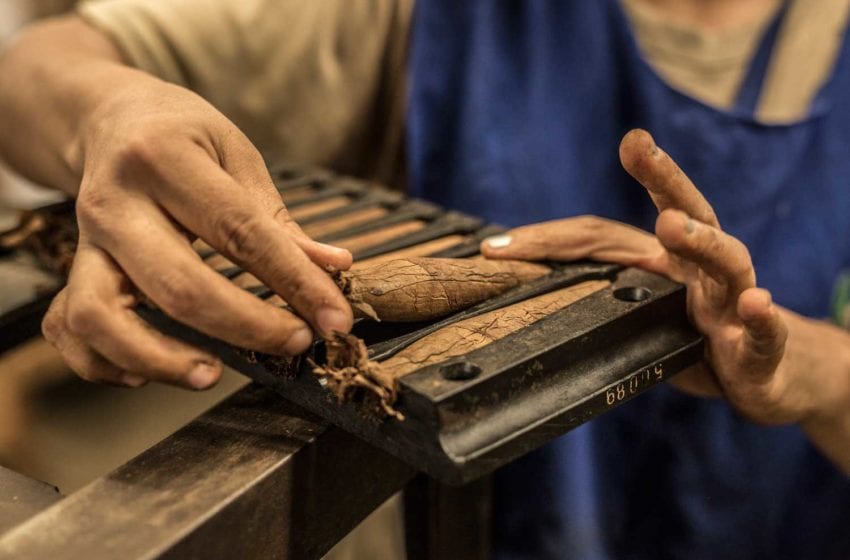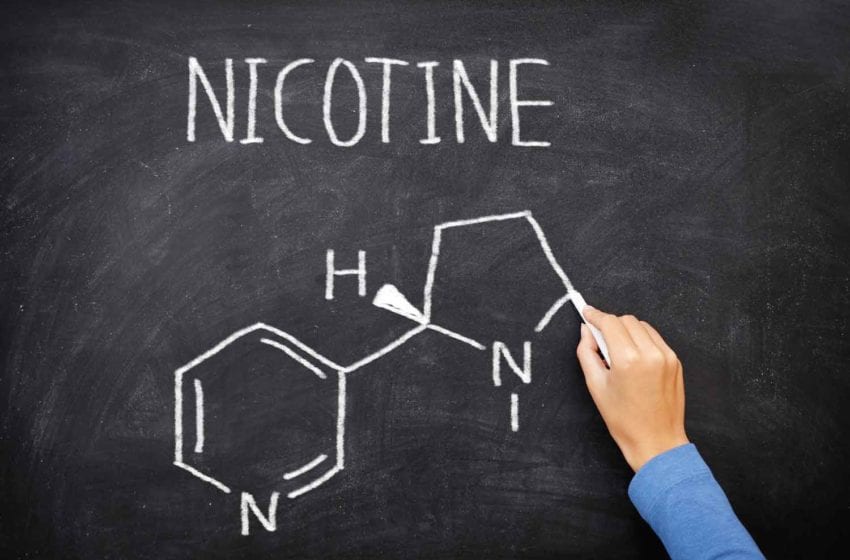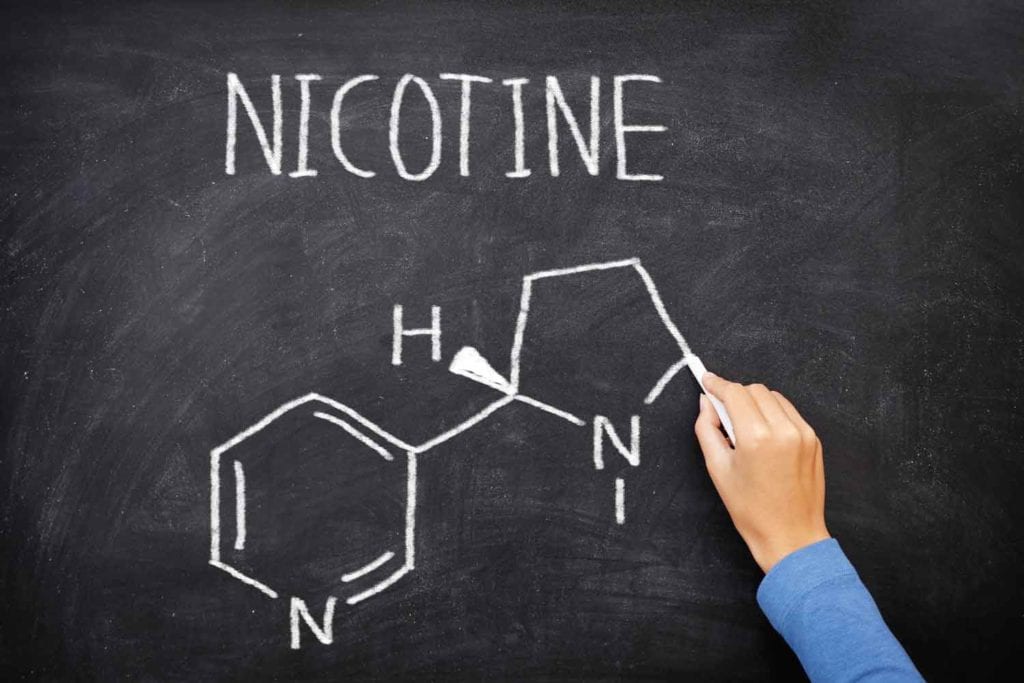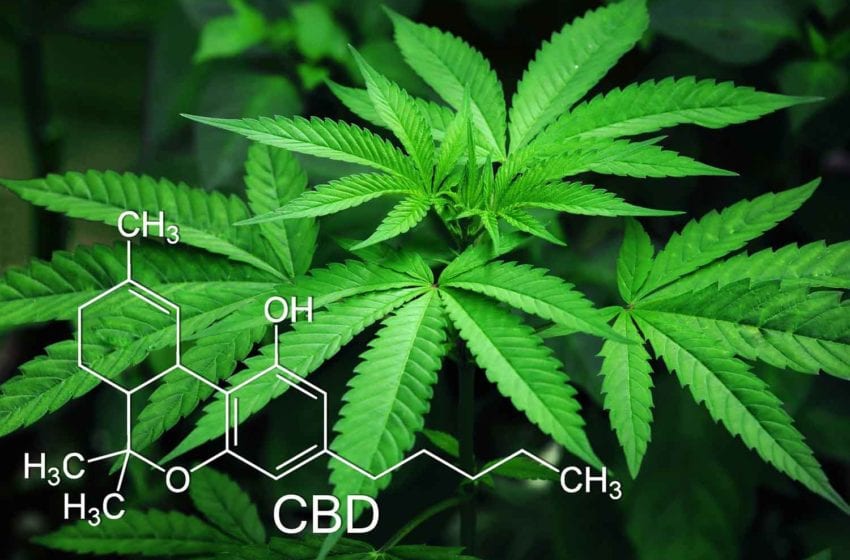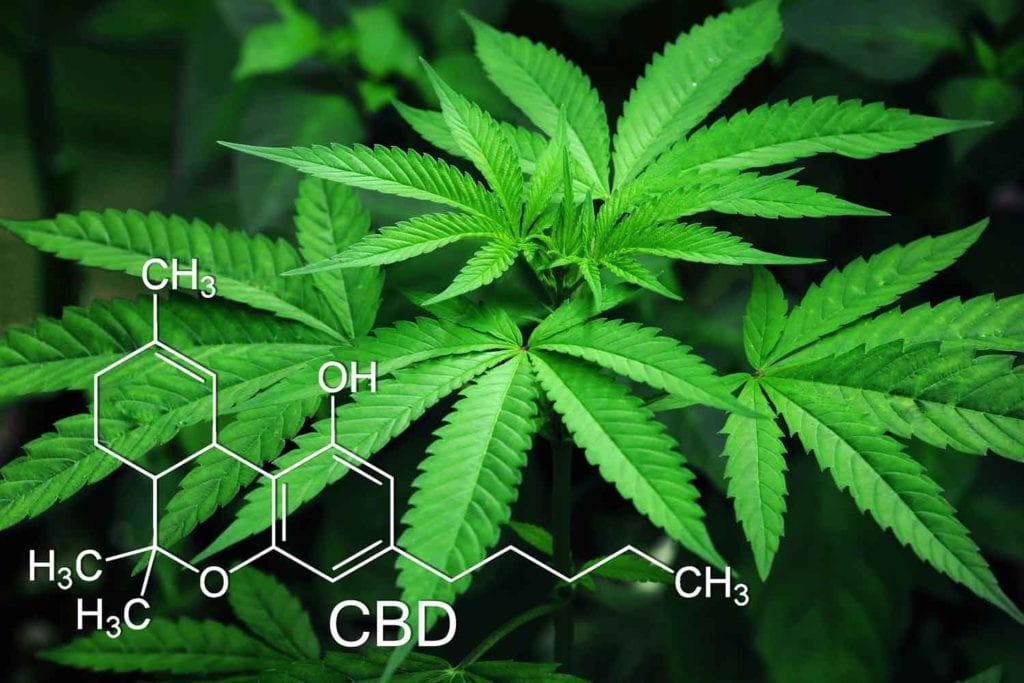22nd Century Group has been granted a new U.S. patent related to the control of cannabinoid and terpene production in plants. This new intellectual property exclusively provides 22nd Century with unique and powerful tools to alter the cannabinoid biosynthesis pathway in hemp/cannabis plants.
“We are delighted to receive this patent, which is the result of work carried out by our own scientists. This important, new technology will allow us to genetically modify hemp/cannabis plants to modulate their cannabinoid and terpene profiles in order to tailor these plants’ therapeutic qualities and enhance the consumer’s hemp/cannabis experience,” said Juan Sanchez Tamburrino, vice president of research & development at 22nd Century Group in a statement.
“Our patent application describes eight promoters, which are essentially molecular on/off switches, covering all of the major steps in the cannabinoid biosynthesis pathway. Typically, developing hemp/cannabis plants with new cannabinoid or terpene profiles could take 10 to 20 years using traditional breeding methods.
“Now, with the combined technologies and know-how of 22nd Century and KeyGene, we expect to shorten the development timeline to create new, differentiated, hemp/cannabis plant lines in just four to five years. Doing so will provide the company and its potential licensees and customers with significant competitive advantage as hemp/cannabis continues to penetrate the life science, consumer product, and pharmaceutical markets.”
“At 22nd Century Group, we take a scientific and solutions-oriented approach to advancing ground-breaking, plant-based technology. We are excited to secure this patent, and we believe that it demonstrates our unique and leading role in plant science innovation within the $100 billion global hemp/cannabis market,” said James A. Mish, chief executive officer of 22nd Century Group.
The new patent, published as U.S. Patent No. 10,787,674 B2 and entitled “Trichome specific promoters for the manipulation of cannabinoids and other compounds in glandular trichomes,” enables 22nd Century to develop and deliver new hemp/cannabis plants that are designed to produce cannabinoids more efficiently.
The company can potentially increase the yield of plants, stabilize the level of cannabinoids that are produced, and create custom cannabinoid profiles optimized for specific therapeutic uses. 22nd Century will also be able to potentially modulate the terpene levels within the plant—increasing them to deliver new strains of cannabis for the adult-use/recreational market and reducing them to remove the odor and taste for improved application in foods and beverages.
Cannabinoids, such as CBD, CBC, and CBG, are valuable compounds that hold great promise for the development of new medicines and other therapeutic applications. Cannabis sativa is the only plant species that produces significant amounts of these compounds including more than one hundred different cannabinoids in varying quantities.
In nature, cannabis plants restrict production of these potentially toxic compounds to the trichomes which are tiny hair-like stems and globes that grow on the surface of the plant. To successfully manipulate cannabinoids, the company’s new technology activates molecular promoters, “on/off switches,” specifically and only in the plant’s trichomes where the majority of cannabinoids are produced.
These regulatory sequences dynamically enhance or restrict gene expression levels, controlling the expression of genetic information that leads to the production of cannabinoids.
